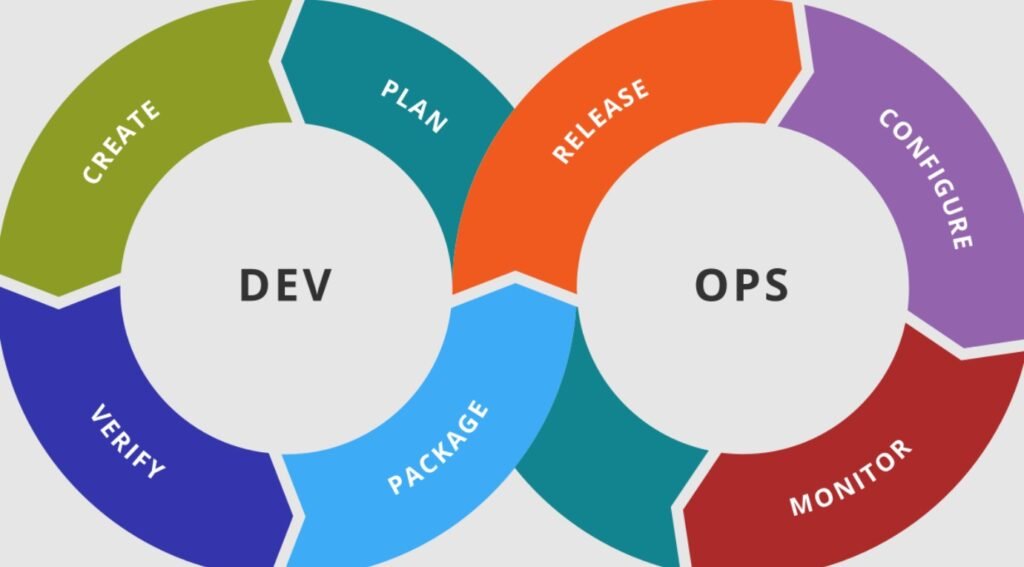Think of a rowing team gliding across a river. If each rower pulls at a different pace, the boat wobbles, slows down, and risks capsizing. But when every oar moves in rhythm, the boat cuts smoothly through the water with speed and precision.
That’s what DevOps brings to the world of technology. It unites development and operations, synchronising their movements so software can be built, tested, and delivered without friction. The result isn’t just efficiency—it’s momentum that propels businesses forward.
Principles of DevOps: The Pulse of Teamwork
DevOps works best when seen as a rhythm that keeps teams aligned. Picture a jazz band improvising: each musician plays their part, but everyone listens to the same beat. Developers, testers, operations staff, and stakeholders all contribute to the harmony.
The underlying principles—collaboration, automation, transparency, and ownership—set this rhythm. They ensure that every handoff, from writing code to deploying it, is smooth. Instead of silos, DevOps promotes shared responsibility where the success of the product belongs to everyone.
Many professionals first encounter these principles in a structured setting, such as a DevOps course in Hyderabad, where they learn how cultural values and technical workflows combine to form a cohesive approach.
Practices: From Concept to Reality
Principles become meaningful only when they are put into action. DevOps practices take theory and weave it into daily work. Automated pipelines ensure that code flows continuously from development to deployment. Testing occurs in real-time, reducing errors and accelerating feedback loops.
Infrastructure as Code allows teams to create environments as easily as writing scripts. This ensures that production, testing, and development environments are identical—much like having a recipe that produces the same dish every time, regardless of who cooks it.
Together, these practices form the backbone of DevOps, helping teams release updates quickly, confidently, and consistently.
Real-World Benefits: Beyond Faster Releases
The true power of DevOps isn’t only in speeding up delivery; it’s in building resilience. Picture an e-commerce platform preparing for a surge in holiday traffic. Without DevOps, scaling up servers or fixing late-breaking bugs could be chaotic. With DevOps in place, automation enables smooth scaling, while monitoring systems alert teams to potential problems before they escalate.
The payoff is clear: higher customer satisfaction, fewer failures, and systems that adapt to changing demands. DevOps adds value not just for IT teams but for businesses and customers alike.
Preparing for a DevOps Career
Learning DevOps is less like memorising a manual and more like training for a sport. It requires practice, trial and error, and guidance from experienced mentors. From mastering CI/CD pipelines to exploring Kubernetes and Docker, the path involves both technical know-how and the mindset to thrive in collaborative environments.
Hands-on programs, such as a DevOps course in Hyderabad, are designed for this journey. They blend real-world case studies with practical labs, giving learners both the context and confidence to apply DevOps principles in professional environments.
Conclusion
DevOps is more than a collection of practices—it’s a cultural and technical movement that transforms how organisations deliver value. Like a crew rowing in unison, DevOps thrives on coordination, communication, and trust.
Its principles foster collaboration, its practices embed reliability, and its results create systems that adapt to the pace of modern business. For companies, DevOps offers resilience; for professionals, it provides relevance in a world where agility and speed are non-negotiable.
The rhythm of DevOps is already shaping the future. The question is simple: will you row with the team, or risk being left behind?

